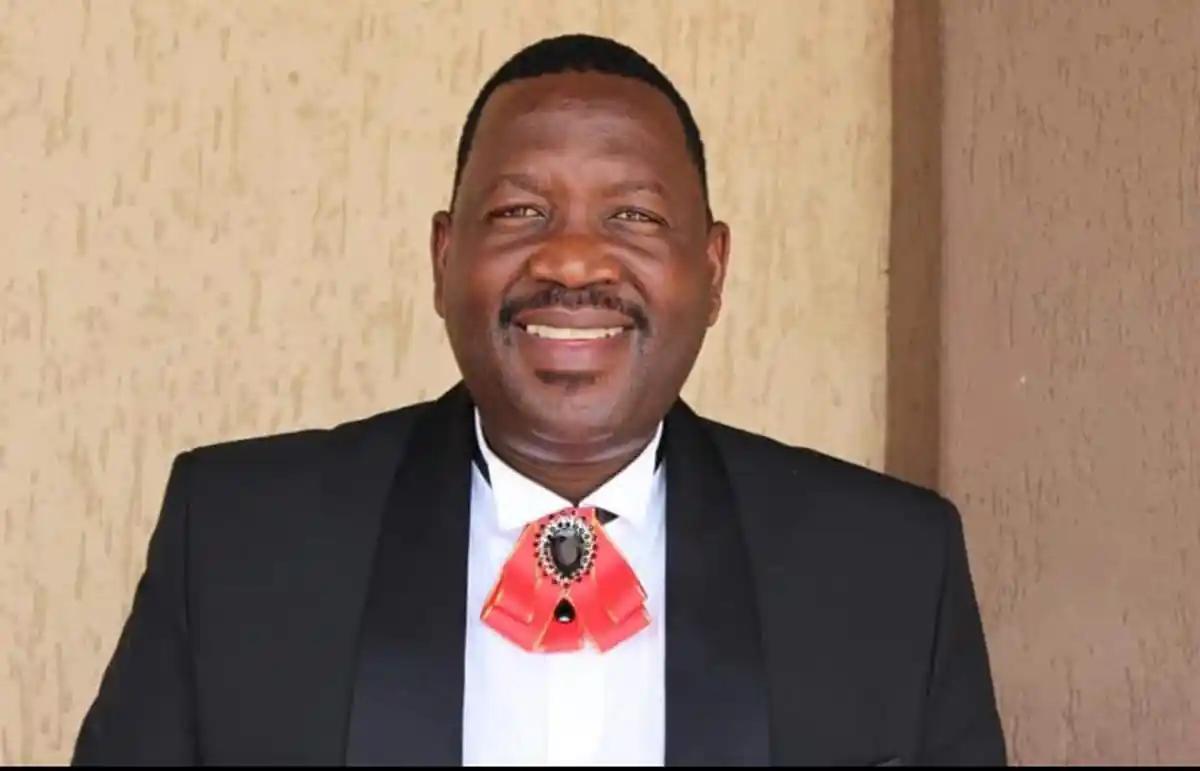Africa-Press – Botswana. Development of comprehensive security training standards has been completed over a couple of years, says chairperson of Botswana Security Association, Mr Samuel Kealotswe.
Speaking at the Botswana Security and Fire Summit in Gaborone yesterday, Mr Kealotswe said it was essential to invest in the sector, particularly through comprehensive training because ‘a security officer without proper knowledge can be a danger rather than a safe guard.’ Therefore, he said training in security must be prioritised to ensure officers were equipped to serve and protect effectively. He said training standards for security personnel remained urgent as standardised quality training was fundamental to ensure professionalism, integrity and effective service delivery.
He also said the industry could not compete on an international level without robust training frameworks that prepared officers to meet global standards. Mr Kealotswe also said the lack of industry regulatory body hampered industry oversight, uniform standards and quality control. He further said the absence of an appeals board presented no impartial platform for resolution when a security company faced grievances or disputes. Mr Kealotswe also said there was no definitive answer as to when the appeals board would be established emphasising that the mechanism was vital for fairness and accountability.
Furthermore, he said awarding contracts and tendering was problematic to the lowest bidder often based on price as it undermined service quality in the country. He said it discouraged investment in proper training and equipment and eventually compromising national security. He also said government entities in the country normally issued ITTs that emphasised cost over quality and sometimes drafted to favour the lowest bidder.
Furthermore, he said some departments hired security personnel directly for their internal rates without engaging licensed security companies or adhering to procurement procedures, saying that raised questions about transparency, licensing and oversight while the frequent cancellation of security tenders had also been a blow to the industry. He said the abrupt cancellations coupled with late payments financially strained companies and demoralised guards affecting their ability to perform professionally and reliably.
He said he was grateful to the government in combating crime in the cash in transit sector as the support had led to significant reductions in attempted robberies. He further said the current system was costly to the government and believed it was crucial to develop a more efficient cost approach to enhance security in the sector while it reduced operational costs, at the same time maintaining high standards of safety and effectiveness.
For his part, Private Security Services Licensing Board chairperson, Mr Ikwatlhaeng Bagopi said the Private Security Act had seven functions of the board including licensing, receiving applications, setting minimum standards and training for security service providers and guards and promote efficiency in the private security industry. Mr Bagopi said in the initial legislation, there was one license that the security controller could issue which was for guarding adding that the new legislation introduced several licenses.
He said the new Act allowed for specialist services such as cash in transit services, key cutting and programming. He said not all security employees were on minimum wage as some were engineers in IT, artisans saying those were professionals. He said guards were the only ones on minimum wage.
For More News And Analysis About Botswana Follow Africa-Press






